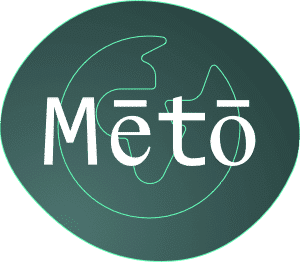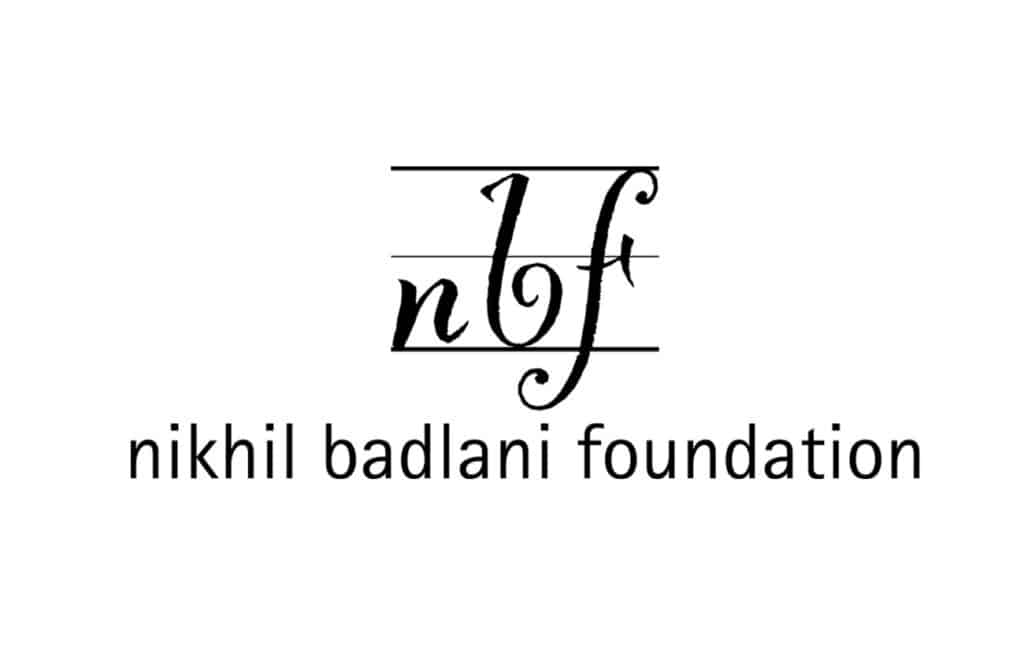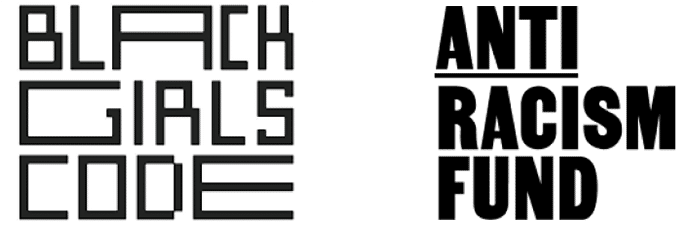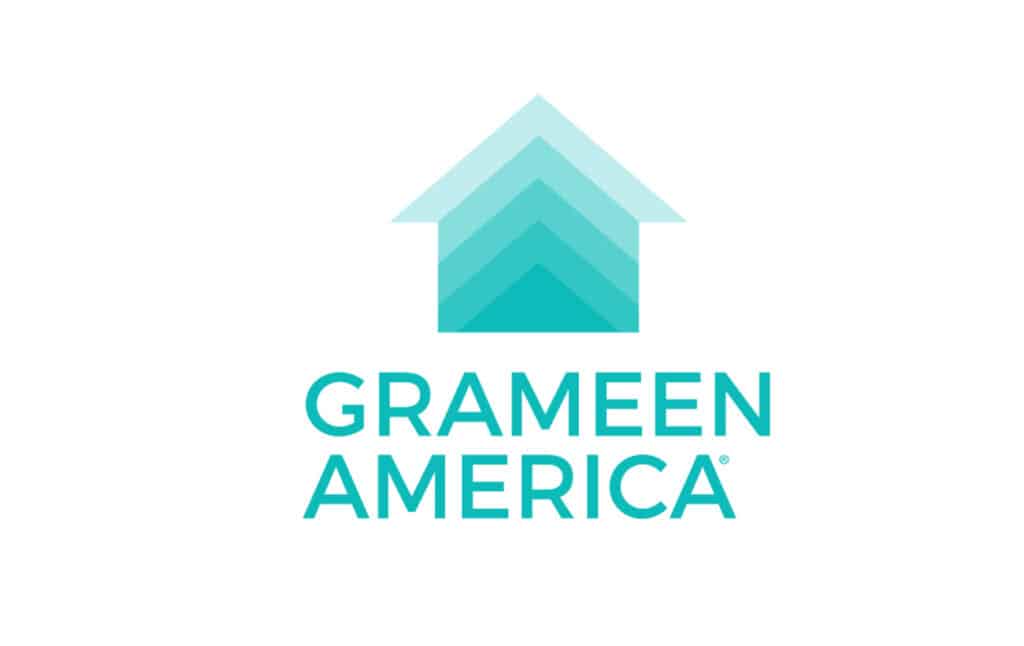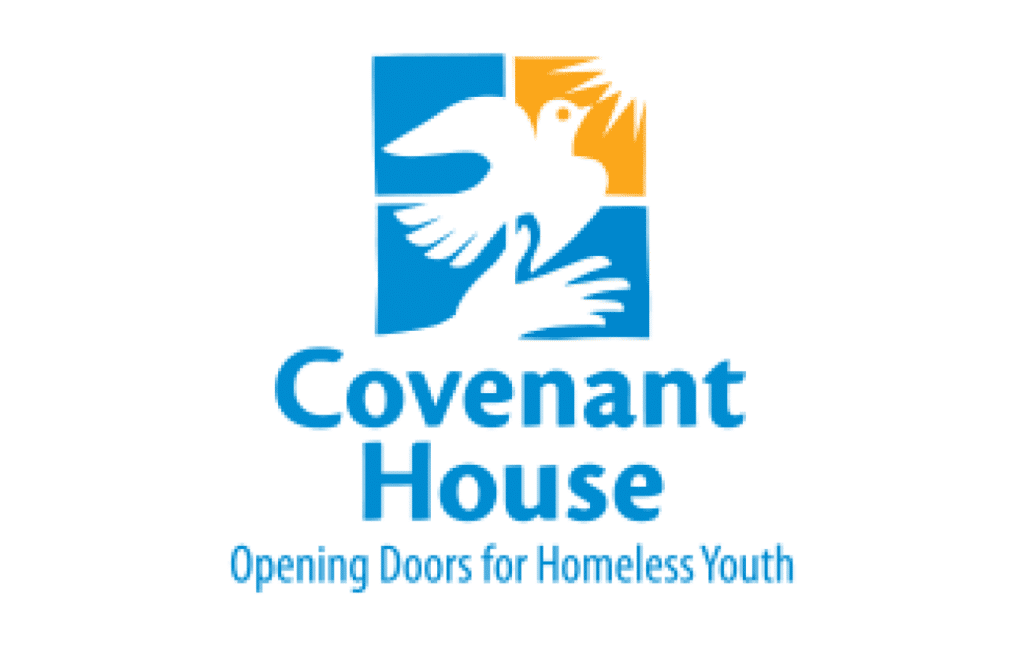At this point in our walkthrough of the marketing automation journey, we’ve covered the key components necessary for success, including establishing a well-defined future state for your business, breaking down the tasks and processes in your campaign management workflow, and planning for the impact automation will have on the humans in your organization. We also discussed how to calculate ROI and build a case for marketing automation.
In order to do this successfully, you need to break down your processes into three distinct categories: routine, standardized rule-based, and dynamic adaptive.
Routine, Rule-Based & Dynamic Adaptive Processes
A routine process, as its name implies, is simple and easy to execute. It’s a straightforward and linear marketing task often correlated with trafficking, such as the handling of an insertion order (IO).
Structured vs. Unstructured Data
How we categorize tasks and processes depends largely on what type of data they rely on—structured or unstructured.
Structured data is highly-organized, easily searchable, and simple to interpret. Most data coming from Google, for instance, is structured. It has a pre-designed format and is easy to collect and understand. Humans are very good at working with this type of data, which is why it lends itself well to straightforward, routine processes such as campaign setup and QA.
Unstructured data is much more difficult to work with. It cannot be collected using conventional methods and requires complex tools to be analyzed. Most of the data gathered for cross-channel marketing campaigns is unstructured, for example, because it spans multiple platforms.
Humans are much less adept at handling this type of information; we need the assistance of machines to help us organize and analyze it in an intelligent way. As such, unstructured data lends itself well to rule-based and dynamic adaptive automation processes.
Identifying Human & Machine Processes for Automation
With the above information in mind, we can identify the tasks and processes in a campaign management workflow that use structured data and are therefore ideal for humans. These include campaign setup, pre-launch QA, and routine optimization, as well as the articulation of brand strategy and audience targeting.
Marketing processes that rely on unstructured data are complicated by factors like scale, differing channels and formats, and—as is the case with social media—varying refresh times. These processes are best-suited for automation because they require assistance from technology to properly collect and interpret data, as well as provide real-time analysis and feedback.
Marketing Automation Is the Way of the Future
Any marketing organization that chooses to embark on an automation journey faces resistance and pushback from within the company. Workforce insecurity will almost always rear its ugly head, as some employees fear losing their jobs while others see no value in disrupting processes that work.
But shying away from automation is no longer a smart move for most digital marketers. As channels continue to grow both in number and complexity, adopting automation to achieve scale has become a strategic imperative.
The main challenge for c-suite executives and other business leaders, therefore, is learning how to balance the immediate needs of their workforce with the long-term needs of the organization as a whole to achieve the proper human-machine balance.
This is, without question, a formidable task that involves a great deal of planning and foresight. In addition to depending on a set of clearly defined and achievable business objectives, it requires the creation of structured internal teams to spearhead an actionable decision framework. It also involves an examination of campaign management workflows to differentiate between processes and tasks, as well as careful consideration of how to go about training and reskilling your teams.
We hope this series provides you with a helpful blueprint for embarking on an automation journey. But we’re not done yet! Stay tuned for more in-depth content as we take a deeper dive into automation approach, planning and execution, assembling your internal teams, and more step-by-step guidance to set you up for success.


